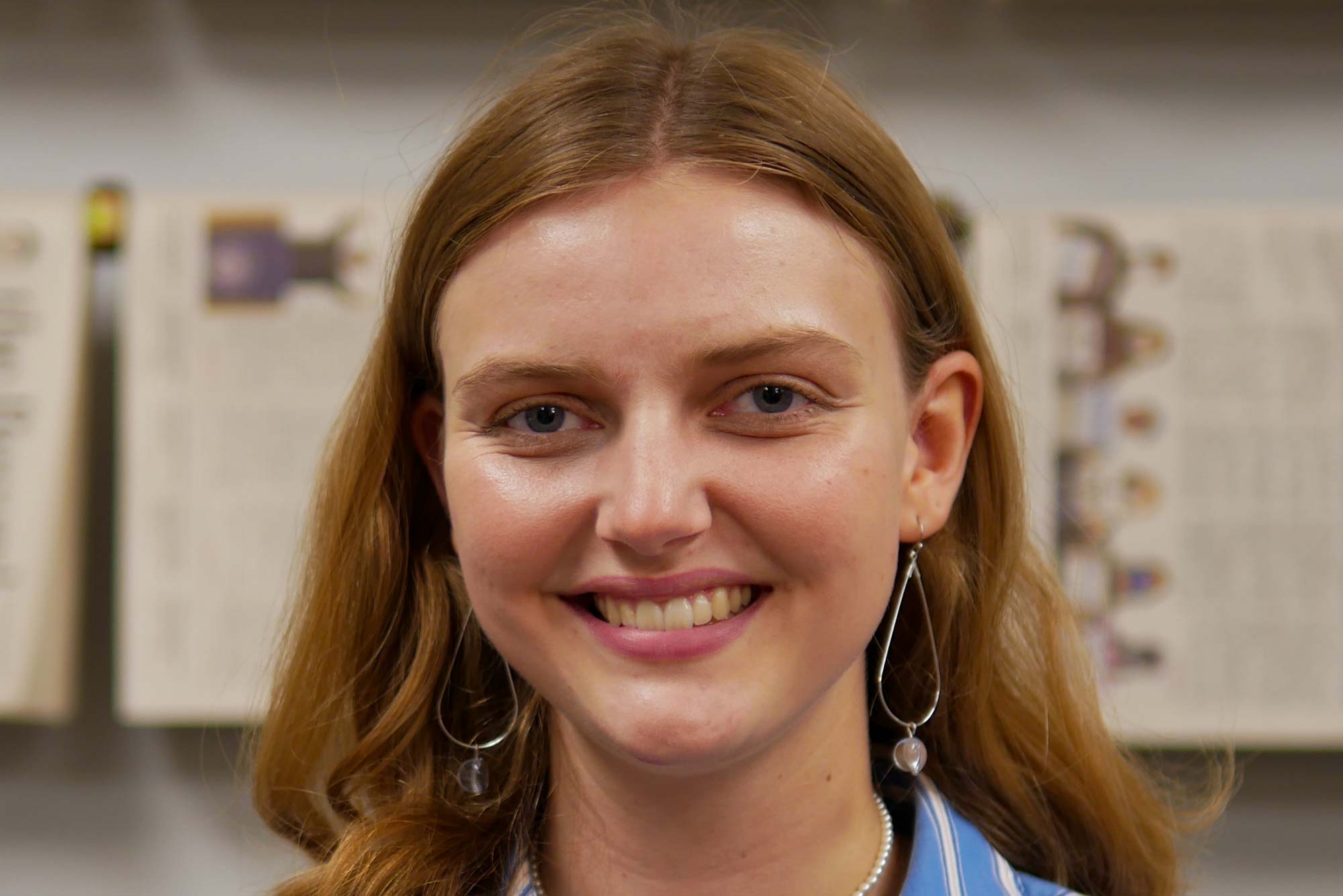When I was in high school, I once heard an adult who I admired and considered an intellectual say they hated poetry – all poetry. I don’t even remember what their reasons were, but for a long time afterwards I believed all poetry was simple and stupid. On top of that, I believed that enjoying poetry was a sign that you were simple and stupid yourself.
Now, I feel like anyone who has such a decisive and harsh view of an entire sacred art form that spans centuries, cultures and religions is probably a very judgemental person whose opinion I shouldn’t care about.Writing poetry is a beautiful way to process grief, confusion or anger, and reading poetry can help you understand yourself and the world in a whole new way. Above all, poetry has the power to make someone feel less alone, and I don’t think that power should ever be dismissed. So, with that long-winded introduction, I would like to politely ask all haters of poetry to kindly keep their mouths shut and let those of us who like poetry enjoy it, please.
I first read the following poem this summer while I was biking across the country. Every day I was meeting strangers, and indeed, experiencing small kindnesses. This poem perfectly encapsulated that creeping feeling I had – despite all the badness in the world – that humans are, fundamentally, good. And that is something I think we all need to be reminded of every now and then.
Small Kindnesses
By Danusha Laméris
I’ve been thinking about the way, when you walk
down a crowded aisle, people pull in their legs
to let you by. Or how strangers still say “bless you”
when someone sneezes, a leftover
from the Bubonic plague. “Don’t die,” we are saying.
And sometimes, when you spill lemons
from your grocery bag, someone else will help you
pick them up. Mostly, we don’t want to harm each other.
We want to be handed our cup of coffee hot,
and to say thank you to the person handing it. To smile
at them and for them to smile back. For the waitress
to call us honey when she sets down the bowl of clam chowder,
and for the driver in the red pick-up truck to let us pass.
We have so little of each other, now. So far
from tribe and fire. Only these brief moments of exchange.
What if they are the true dwelling of the holy, these
fleeting temples we make together when we say, “Here,
have my seat,” “Go ahead — you first,” “I like your hat.”




